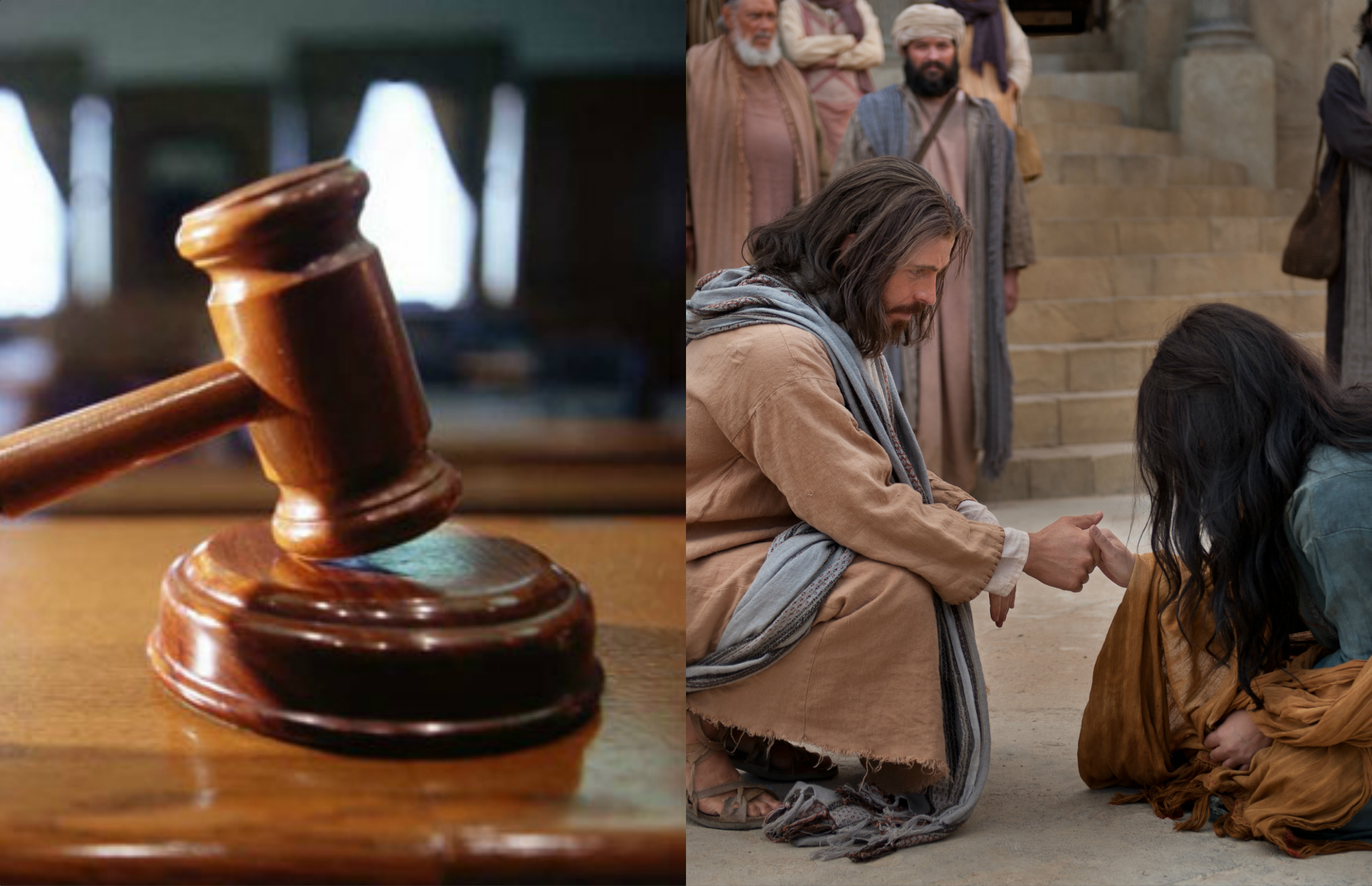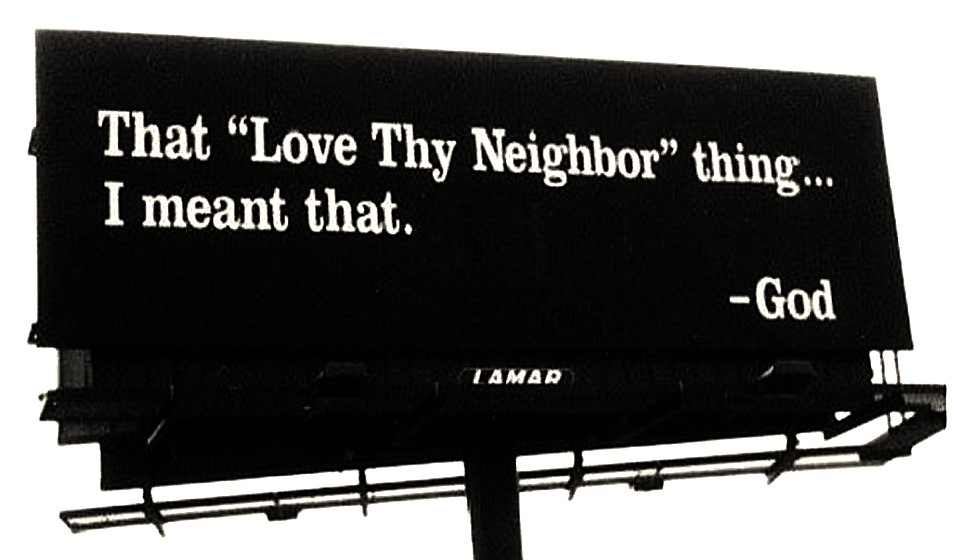
God’s justice is very different than our own understanding. Used under a Creative Commons License – By Michael Coghlan
During the US election season we’ve heard repeated and strong calls for “law and order”, that the country is—or will become—lawless and mutinous. “We need law and order!” some shout. These calls are founded on fear. This kind of law and order is about black and white, us versus them, getting in line, intimidation, and criminalisation. The contrast to this is peace and justice.
First, there is nothing wrong with laws. God knows our human need for laws. Our Hebrew ancestors were given the Law in the form of a covenant. The Law was about maintaining humanity’s relationship with God and one another. It was about restoring humanity’s brokenness, not condemning it. Jesus knew the value in this and therefore told his followers that he did not come to abolish the law. But, we must recognise that God’s “law and order” is very different than our legalistic and secular understanding. The purpose of God’s law is to orient us toward peace and justice. Law and order in the authoritarian sense leads to a false sense of peace and a kind of justice that excludes rather than embraces the worth and dignity of all. The “law and order” spoken about in political fear-mongering has an intimidating tone; it seeks to provoke fear, not build peace and harmony. We cannot solve certain issues just by criminalising them. We cannot solve a problem just by adding a law to the books. It takes a shift of the heart, founded on the value of all humanity.
 Transformation of Heart
Transformation of Heart
Jesus ushered in a “New Law” whose focus was on mercy and forgiveness. His law was opposed to legalism, hypocrisy, condemnation, and casting out. He was for an embrace of the spirit of the law, which creates harmony among all human beings and casts out wrongs through the transformation of the heart. Jesus was for God’s version of justice: care for the most vulnerable and welcoming the stranger. It is the internal law of the heart more than a list of external laws which leads to true peace and justice.
When fear-mongers speak about “law and order” they use words like policing, disrupter, attack, crime, preying on innocent people. These are words meant to invoke fear and hate, not a desire for peace and reconciliation. “Order” tends to mean getting in line because of fear of the worst. When we speak of God’s “order” it’s not void of compassion. God ordered the universe. God commands, but it is always directed towards God’s understanding of peace and justice. It’s not about retribution; it’s about interior transformation.
A Lesson from Ignatius
Ignatius himself was a product of law and order as a soldier. He became scrupulous about his sins and repentance. He perhaps had a tinge of legalism, too, being a part of the church during the time of the Reformation. But… He calls us to look interiorly. Ignatius eventually found that peace was not found in externals but within. The externals of law and order does no good without an internal change. Many of us are not open to that internal change because it scares us. We’d rather problems be fixed solely by programs and laws and multi-point plans than deal with the messiness of our interior life. What good is confession if I don’t allow its grace to transform me interiorly? Does confession become an excuse for sin or a reason for our transformation?
 Healing Our Brokenness
Healing Our Brokenness
What the human understanding of law and order fails to recognise is our need for healing. We criminialise and condemn, throwing stones, believing most cannot change, and forgetting about our own faults. God’s peace and justice, on the other hand, recognises that no one is whole yet everyone can be transformed through love. It’s not about condemning. How can we follow the law if we are not loved or love ourselves? Each broken person Jesus encountered was not condemned. When Jesus encountered the rich young man the scriptures say that Jesus looked at him and “loved him”. When Jesus encountered the woman caught in adultery he first made her condemners reflect on their own faults. And no one threw a stone. Jesus’ entire mission was restoring the original peace and justice of the world lost to Original Sin—and he did it not through legal means, policing, or criminalising, but rather through love. He knew our brokenness and called us to interior transformation.
“Law and order” is based on fear. “Peace and justice” is based on trust. Can we trust that the path to genuine peace is through love, opportunities for rehabilitation, and restorative justice? Can we trust that no one in our society is beyond the hope of transformation, knowing each person has value and dignity? Let us discover how to put love into the ways we address issues in our society.
Listen to an audio version of this post…









That is why the figure of Justice is always depicted blindfolded. Yes, you are right a great deal more love is required in the world.
Well written and absolutely true….law and order is terrifying it wreaks of accusation, finger.pointing and paranoia. It is uninforceable. I will send a link to your article in my weekly email to our college community. It’s essential to have this conversation before it’s too late. Thank you.
Excellent. Thank you very much. I will refer to this when I speak to the youth and also to the women’s Scripture study.
Hallelujah this could be used in a open court as well.Humble & serve justice for GOD of good not Man for evil.